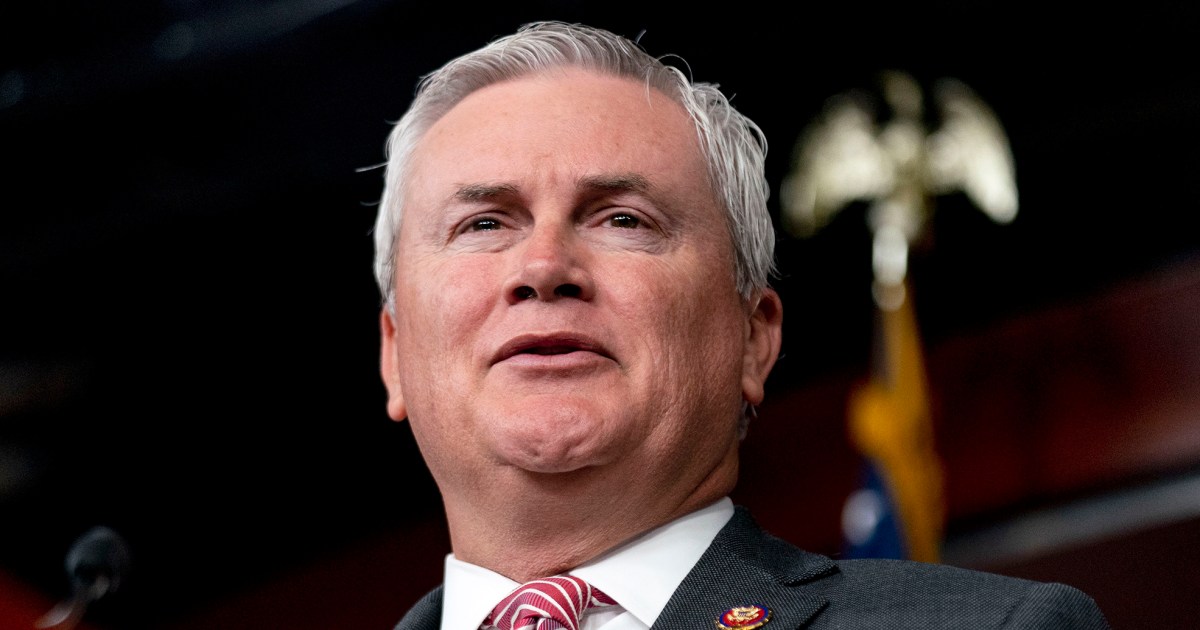As last week was winding to a close, The New York Times reported on an odd instance of power brokering by Senate Majority Leader Chuck Schumer. Ahead of a planned April 1 rollout, the New York senator stepped in to halt the nationwide rate hike on federal flood insurance policies, one that had long been planned and sorely needed by the Federal Emergency Management Agency. Schumer’s reason, per the Times: Some of his wealthier constituents on Long Island would have to pay significantly more to cover their lavish homes from the threat of coastal flooding and future storms.
The National Flood Insurance Program, or NFIP, was established by Congress in 1968 with the hope of accomplishing two tasks: to act as a subsidy for citizens to use when flood damage caused them economic harm and to curb said damages by setting forth restrictions around any future development on America’s many floodplains. Five decades later, the program—and the communities it was originally designed to protect—are at a crossroads.
The NFIP, as currently constituted, is not a particularly sound investment for the United States federal government. That is not to argue a version of it should not exist; leaving American floodplain residents wholly at the mercy of both climate change and the private insurance industry would be catastrophic. But if the NFIP is going to actually work in the twenty-first century, Congress must overcome its current refusal, first, to agree that climate change ranks among our most pressing global threats and, second, to agree that the wealthy should pay their fair share into federal programs that ostensibly should work for everybody.
Any consideration of the NFIP has to start with funding. In late February, the First Street Foundation published a report that found both the number of communities with potential flood risk and the associated damages remain underestimated by the NFIP. Based on its models, the report’s authors projected that annual flood-related losses will increase from the estimated 2021 mark of $20 billion to $32 billion by 2051. Per the report, the 61 percent uptick is “the impact of a changing climate,” and any future flood insurance plans that Congress approves need to plan for the fact that storms everywhere, not just on the coasts, are going to continue to increase in frequency and volatility. That means more flooding, more damages, and more filed claims. The NFIP is already $20 billion in debt.
In order to understand that debt, it’s important to understand why the NFIP exists in the first place and how it was designed to function. The NFIP’s roots actually date back to Hurricane Betsy, a Category 4 storm that slammed into the Gulf Coast in 1965, killing 76 people and becoming the first hurricane to rack up a damage bill over $1 billion. (The damages translate to roughly $10 billion in today’s currency.) For three years after Betsy, local governments and the private insurance industry—sweating out the massive damages and payouts from the storm, and petrified of the next Betsy—lobbied Congress to get into the flood insurance game. Within three years, federal legislation had been drafted and passed, and the NFIP was born.
The implicit acknowledgment undergirding federal flood insurance is that neither state and local governments nor private insurance companies have the financial capability to help their residents or customers in the event of a Betsy-like storm. Congress recognized that in 1968 and agreed that the federal government would underwrite any claims that were approved by the insurance companies.
As Christine Klein, a professor at the University of Florida Levin College of Law, told American Banker last fall, this was one half of a trade-off between the federal government and local authorities. In exchange for the NFIP covering insurance claims, Congress believed that “local communities would enact some strict land use controls,” Klein said. “And [the NFIP] would just be a temporary measure until they have gotten construction guided away from the flood plains, people were safer, and we were able to then let private insurance take over.”
The problem is, development within America’s floodplains hasn’t been curbed by those local authorities, making the NFIP essentially free money for developers and the insurance industry. As American Banker podcast host Jon Prior put it, where once the NFIP was supposed to be a bridge to more responsible development, it has instead become “a critical linchpin allowing mortgage lenders, real estate agents, homebuilders, and the rest of the housing industry to continue building in floodplains.” And while Congress was relatively quick to acknowledge the threat of massive flooding damages to both its citizens’ lives and local economies, it has been incredibly slow in acknowledging the factors making flooding across the nation progressively worse, i.e., climate change.
In the spring of 2019, the Midwest faced catastrophic flooding up and down the Missouri River. The 2020 hurricane season was one of the busiest on record, with 29 named storms by season’s end in November. As we noted earlier this month, the National Oceanic and Atmospheric Administration wants to expand the length of the official hurricane season after seeing storms form earlier and earlier, which is bad news for the communities in low-lying areas along the East Coast and Gulf Coast. But state, city, and county governments haven’t blocked new developments in either of these areas.
Now think back to the Times story about Schumer protesting on behalf of beachfront-owning Long Islanders. To this point, the dominant narrative around the NFIP should be that it is being exploited by the wealthy, be they mansion-owners, real estate developers, or private insurance companies. But in a statement to the Times, a spokesperson from Schumer’s office claimed that “FEMA shouldn’t be rushing to overhaul their process and risk dramatically increasing premiums on middle-class and working-class families without first consulting with Congress.”
In reality, FEMA’s proposed rate hikes, known as Risk Rating 2.0, would have a relatively minimal effect early on, particularly for low-income households. That is by design. In FEMA’s report on the proposed changes, it found that it would “not be able to increase rates faster than the existing limit for primary residences of 5%–18%,” due to the way Congress has drawn up the program. But to ensure that the new insurance rates are drawn up in an equitable fashion, it will no longer consider the flood zones in its calculations—which are currently based on the same models FEMA crafted in the 1970s. Instead, it will calculate the rates “based on the specific features of an individual property.” That means if you own an $8 million, seven-bedroom castle in Montauk, your rates are going to be significantly higher than those of the family living in a $200,000, two-bedroom home in Miami’s Little Haiti neighborhood.
What can, and should, be fixed is the national buyout program, as highlighted by John Oliver on Last Week Tonight in 2017. Not only should developers be blocked by local governments from continuing construction in areas we know will be underwater by the end of the century, but families who want to move out of their homes due to constant flooding should have federal funds made available to them. FEMA has a program for that in place. The problem is, it moves incredibly slowly and, critics say, inefficiently.
All of this, theoretically, could be addressed by changes like FEMA’s Risk Rating 2.0 and a renewed push by federal legislators to expedite the buyout program—actions that are currently being blocked by Congress. Legislators have known for some time that the NFIP has been abused. They’ve even tried to address some of these shortcomings, with predictable results. In 2012, Congress passed the Biggert-Waters Act, a bill initially designed to reauthorize and update the NFIP, the plan being to remove second homes, vacation homes, and businesses from the federal subsidy system. But after lawmakers representing coastal areas were lambasted by the affected home and business owners, the updates and the accompanying rate hikes were delayed for four years.
This leaves the millions of people depending on the NFIP in a tricky spot. Nobody wants their bills to go up. Nobody wants more hurricanes and floods, either. One of those things is absolutely going to happen, regardless of what wealthy constituents strong-arm their elected officials into doing. And if Congress keeps forcing FEMA to borrow money from the Treasury Department, allowing the NFIP to be labeled a waste of taxpayer funds, then sooner or later a federal official is going to come along and actually gut the NFIP and shift the responsibility back to the local authorities (as Trump’s FEMA administrator Brock Long already attempted), unleashing chaos on those working and middle-class residents whom both parties claim to love so much. The NFIP’s problems are solvable. But the clock is ticking.





















